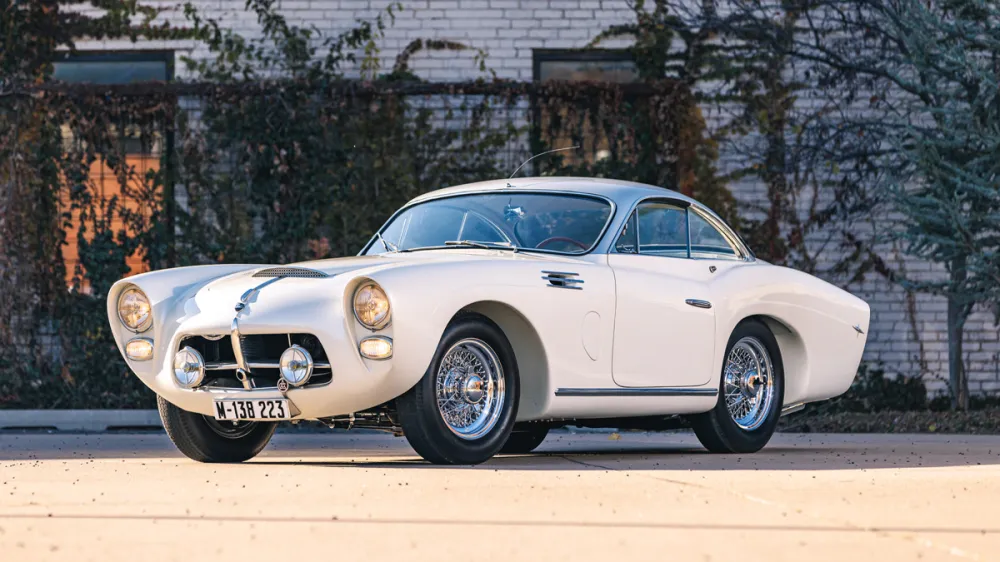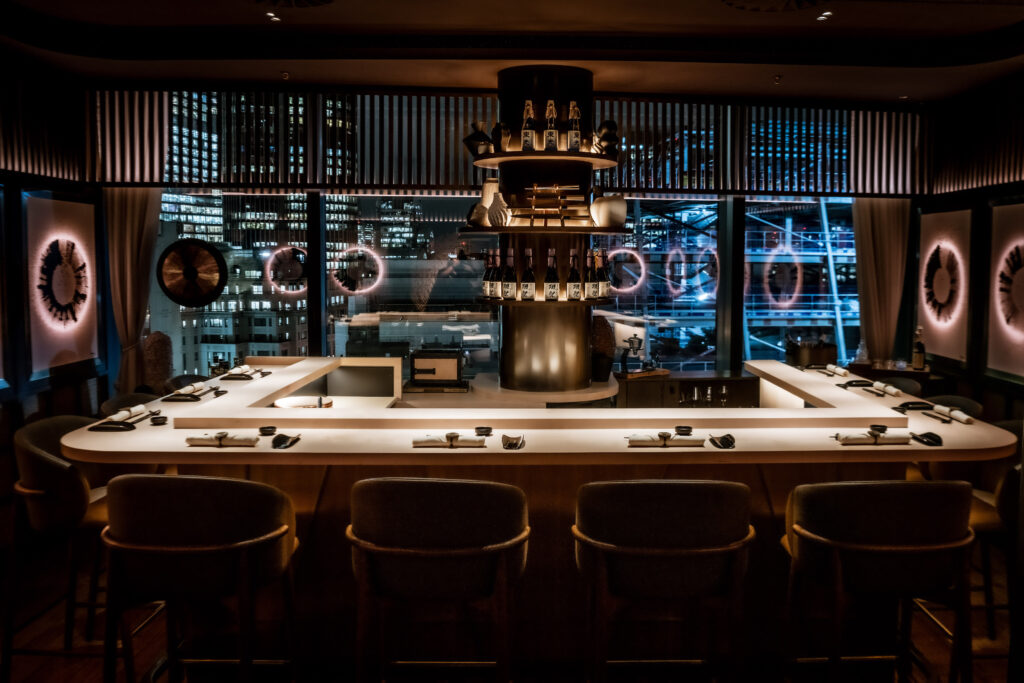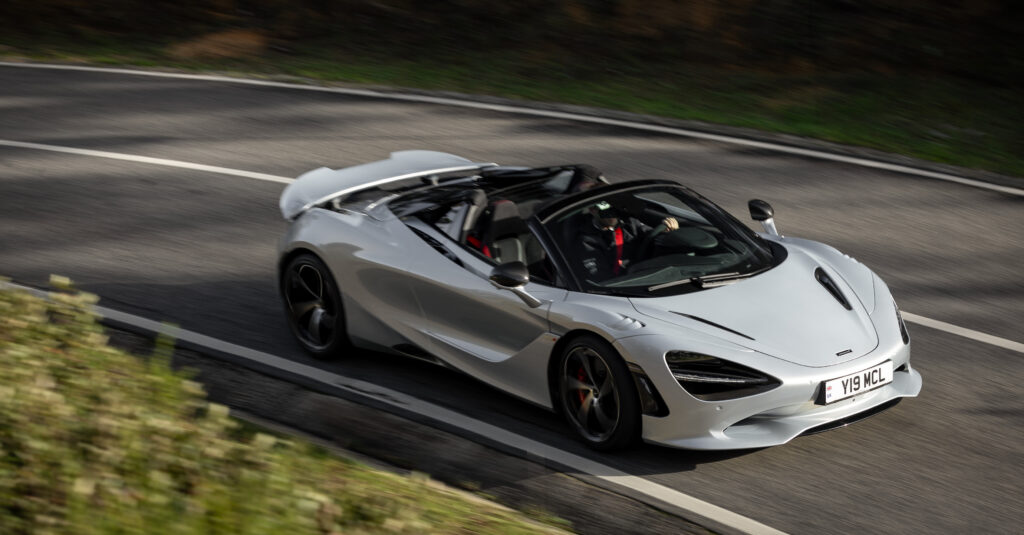This left-hand-drive Pegaso Z-102 Saoutchik Berlinetta Series II is one of only five of its kind believed to exist.
Once upon a time, there was a Spanish automaker who set out to change the world of sports cars. It’s doubtful that many readers have ever heard the name, or that any reader under 90 years of age would be old enough to have driven one when new. But in its time, Pegaso established a benchmark rivaling the best automotive efforts from Italy with its sophisticated engineering, over-the-top GT style, and exclusivity matched by its eye-watering price.
Hispano-Suiza, founded in 1904, set the stage as a Spanish luxury marque every bit the equal of Rolls-Royce, Bugatti, and Mercedes. Pegaso came long afterward, founded in 1946 by Ricardo Ricart, a fiercely competitive engineer who designed the Ricart-Pérez and Ricart-España cars in the 1920s. Ricart moved on to Alfa Romeo in 1936, designing the Tipo 512 Grand Prix car, and while there, worked alongside Enzo Ferrari.

Ricart’s resolve to build a sports car rivaling those from Italy would soon come to fruition. The parent company of Pegaso was ENASA (Empresa Nacional de Autocamiones, S.A.), a builder— operating in Hispano-Suiza’s old Barcelona factory—of trucks, buses, tractors, and armored vehicles. Appointed the company’s managing director and head of engineering projects following the war, Ricart was driven by a real passion to build a car surpassing Ferrari’s prancing horses. To that end, Ricart chose as a logo the Pegasus, the winged horse of Greek mythology.
The development of two Z-102 prototypes, a coupe and drophead, began in 1951, and when production trickled to an end in 1958, a total of just 84 examples had been built. Ricart’s model was complex and heavy (despite having an aluminum body on a steel chassis), conspiring against any real competition success. But the Z-102 was a fabulous creation, nonetheless. At its heart is a four-cam, four-valve-per-cylinder aluminum V-8, an advanced design for the time. The engine’s original displacement was 2.5 liters, but was enlarged to 2.8 liters throughout the production run.

Driving a rear-mounted (transaxle) five-speed transmission, the car develops about 175 hp, and up to 360 hp with an optional supercharger. In September of 1953, a supercharged Z-102 became the fastest production car in the world, at least briefly, when Celso Fernández broke four official R.A.C.B. (Royal Automobile Club de Belgique) world records with an average speed of more than 151 mph, beating out Jaguar’s XK120.
While most Z-102s were bodied by Carrozzeria Touring of Milan, 18 wore bodies by French coachbuilder Saoutchik, of which three were convertibles and one was a prototype. One of only five surviving left-hand-drive examples of the Pegaso Z-102 Saoutchik Berlinetta Series II will be offered at Broad Arrow’s Amelia Auction at the Ritz-Carlton, Amelia Island, being held March 1 and 2. One of two Z-102s shown at the 1954 Paris Motor Show, chassis No. 0148 notably retains its original, numbers-matching 2.8-liter engine, which, topped with dual four-barrel Weber carburetors, makes 195 hp.
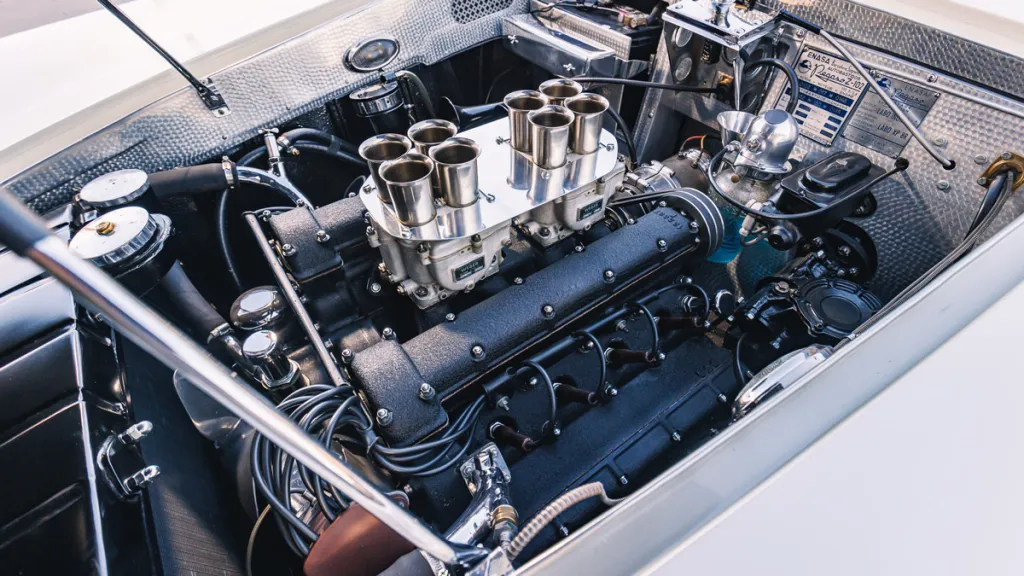
The flamboyant Saoutchik design was a styling tour de force, presenting a marked contrast to Touring’s more conservative bodywork. Originally registered to a Madrid buyer in February of 1956, this Z-102 had two other Spanish owners before being purchased by a United States Air Force pilot stationed in Madrid. It was acquired by American collector Arthur L. Foley III in 1989, and extensively restored by Phil Reilly & Company. The car’s next steward, noted collector Jim Patterson, commissioned a fastidious, concours-level restoration by RM Auto Restoration, the car being subsequently shown at the 2013 Pebble Beach Concours d’Elegance.
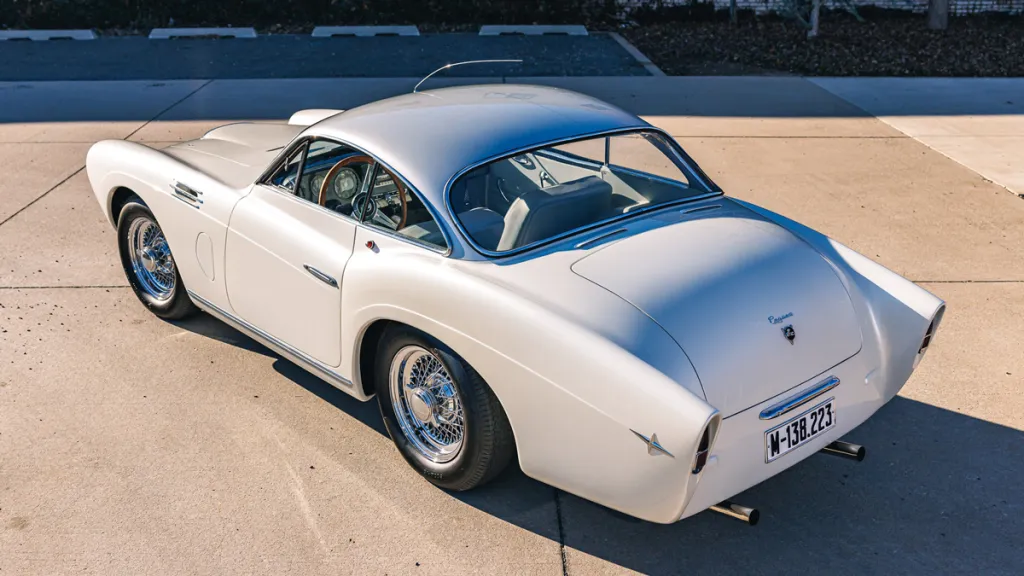
At the 2016 Amelia Island Concours, this car won the Amelia Award in the Pegaso feature class, and was most recently presented in the Pegaso class at the 2023 Pebble Beach Concours d’Elegance, where it was awarded “Most Elegant Road Car.” The Pegaso Z-102 remains one of the most fascinating footnotes of automotive history, and there is no question that Ricart’s creation is among the greatest European GT cars from the 1950s. This particular example carries a high-end estimate of $900,000.

